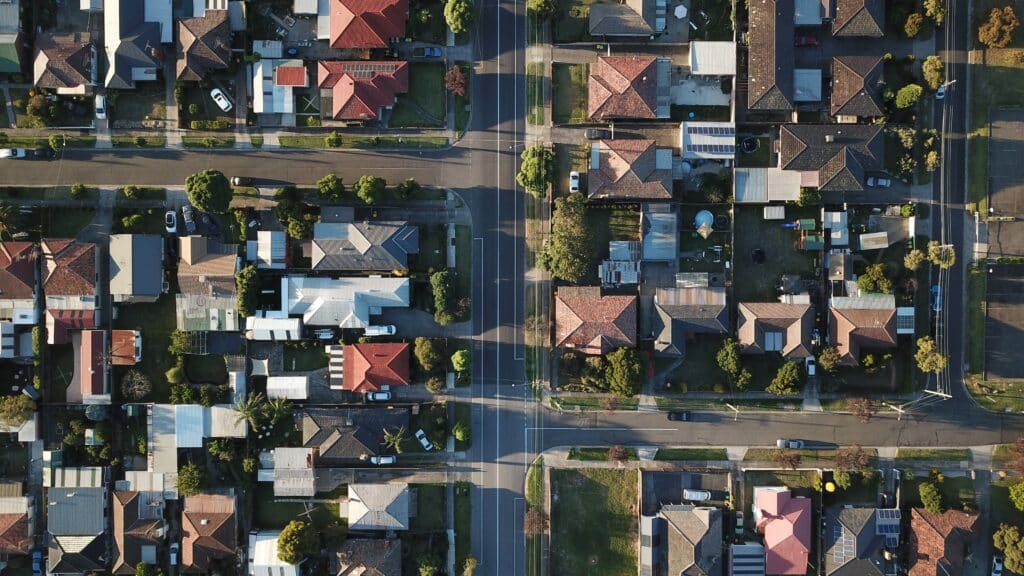Stamp duty is a tax that is charged by the government when you buy or sell property. It is a way for the government to raise revenue and to discourage people from buying and selling property too often.
In Australia, stamp duty is paid by the buyer of the property. However, there are some exceptions to this rule. For example, in New South Wales, the seller pays stamp duty if they are selling a property that they have owned for less than 12 months.
The amount of stamp duty you pay depends on the value of the property and the state you live in. In Australia, stamp duty is calculated as a percentage of the property’s value. However, there are different rates for each state. Here are the stamp duty rates.
There are some exemptions from stamp duty, such as for first-home buyers and for people who are buying a property to live in. However, these exemptions are usually limited, so it is important to check with your state government to see if you are eligible.
Here are some things to keep in mind about stamp duty when selling a house:
- You will need to pay stamp duty within 30 days of settlement.
Settlement is the date when the property is officially transferred from the seller to the buyer. The buyer is responsible for paying stamp duty within 30 days of settlement.
- You can claim a refund of stamp duty if you sell the property within a short period of time.
In some states, you may be eligible for a refund of stamp duty if you sell the property within a short period of time. This is usually called a “clawback” provision. The amount of the refund will depend on the state you live in and the length of time you owned the property.
- You may be able to defer payment of stamp duty.
In some cases, you may be able to defer payment of stamp duty. This means that you will not have to pay it all at once, but you will have to pay it eventually. Deferment is usually only available for first-home buyers.
By understanding how stamp duty works, you can make informed decisions about selling your house.
Here are some additional things to keep in mind about who pays stamp duty when selling a house:
- In some cases, the seller may agree to pay stamp duty on behalf of the buyer.
This is usually done as part of the negotiation process. The seller may agree to pay stamp duty in order to make the property more attractive to buyers. For example, if the property is priced at the top of the market, the seller may agree to pay stamp duty in order to make it more affordable for buyers.
If the seller agrees to pay stamp duty, they will need to be reimbursed by the buyer at settlement. This means that the buyer will need to pay the seller the amount of stamp duty that the seller paid, plus any interest that has accrued.
- This is usually done as part of the negotiation process.
When negotiating the sale of a property, the buyer and seller will typically discuss who will pay for various costs associated with the sale, including stamp duty. The seller may be willing to pay stamp duty if they believe it will make the property more attractive to buyers and help them sell the property more quickly.
- If the seller agrees to pay stamp duty, they will need to be reimbursed by the buyer at settlement.
Settlement is the date when the property is officially transferred from the seller to the buyer. At settlement, the buyer will need to pay the seller the amount of stamp duty that the seller paid, plus any interest that has accrued. The buyer can typically pay the seller for stamp duty using a bank transfer or a certified cheque.
It is important to note that the seller is not legally obligated to pay stamp duty on behalf of the buyer. However, if the seller agrees to do so, it is important to get this agreement in writing as part of the sales contract. This will help to avoid any disputes down the road.
It is important to discuss who will pay stamp duty when selling a house with your real estate agent and lawyer. They can help you understand the implications of your decision and ensure that it is done correctly.




